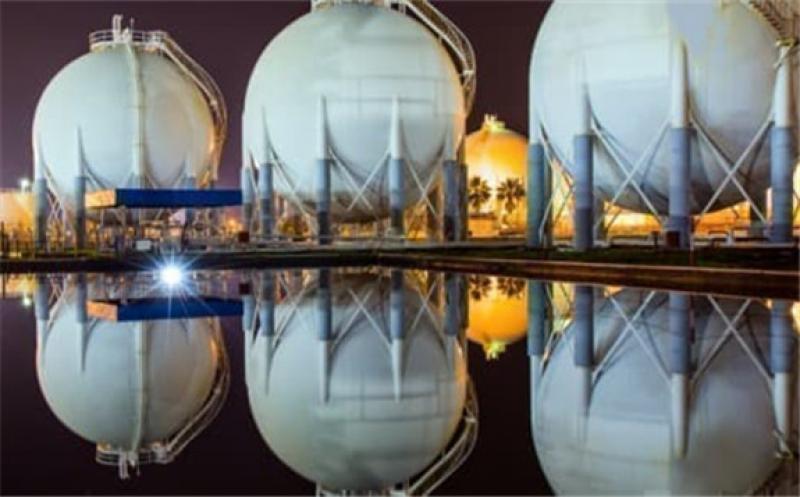Surging natural gas prices in Europe and Asia have boosted global demand for oil products, benefiting oil refiners globally. Yet, it is these record natural gas prices that have started to weigh on the refining industry, which has just rebounded from several consecutive weak quarters due to the pandemic-driven slump in fuel consumption.

Apart from slowing down steel, chemicals, and fertilizer production in Europe, the record natural gas prices are significantly raising operating expenditures for refiners because natural gas is being used for hydrogen production at the hydrocracker and hydrotreater units that remove sulfur from higher-sulfur crude.
U.S. refiners have an advantage over Asian and European competitors in this situation due to the much lower natural gas prices in America. Although the U.S. Henry Hub benchmark price has more than doubled since the beginning of the year, American natural gas prices are around $5 per million British thermal units (mmBtu) compared to $25-$35/mmBtu in equivalent prices in Europe and Asia.
In recent weeks, costs for oil refiners to produce hydrogen per barrel of processed crude have jumped tenfold compared to the hydrogen input costs back in 2019, according to estimates in the International Energy Agency’s (IEA) latest monthly oil report cited by Argus. Hydrogen costs are now around $6 per barrel of processed crude, compared to just $0.60 per barrel in 2019.
Yet, due to low inventories of refined products globally, refining margins recovered strongly in the third quarter despite the rallying crude oil prices.
Recovering fuel demand and additional demand for oil products amid record-high coal and natural gas prices have pushed up global oil refining margins to their pre-pandemic levels.
“Implied 3Q21 refined product balances show the largest draw in eight years, which explains the strong increase in refinery margins in September despite significantly higher crude prices,” the IEA said in its latest monthly report last week.
Despite the higher demand for oil products this winter, some refiners in Europe and Asia may not be able to ramp up crude throughput because of the surge in natural gas prices. Refiners in Europe have started to recalibrate their refined product slates to limit exposure to the high costs of natural gas, which is essential for making hydrogen for treating the higher-sulfur crude grades.
“We are impacted by the current high energy prices just like any other consumer of natural gas and electric power,” a spokeswoman for northwest European refiner Varo Energy—whose shareholders include commodity trading giant Vitol—told Reuters this week.
“To ensure we can continue to supply our customers, we have adjusted our operations to minimize our natural gas consumption whilst preserving our ability to supply products,” the spokeswoman added.
“If you’re in Europe or Asia it’s very, very expensive so it’s bound to have an impact,” Callum Macpherson, head of commodities at Investec Plc, told Bloomberg, commenting on natural gas costs.
For U.S. refiners, the costs are also up, but not so much as in Europe and Asia.
For example, Valero Energy, which reported on Thursday a net income for Q3 compared to a loss for the same quarter last year, said that its refining cash operating expenses were $0.27 per barrel higher than the third quarter of 2020 primarily due to higher natural gas prices.
“When you look at places around the world that are paying $30 a million Btu for natural gas, it pressures that refining capacity and kind of raises the incremental crack spreads needed for them to run, which also pushes margins higher,” Gary Simmons, Executive Vice President and Chief Commercial Officer at Valero, said on the earnings call.
Thanks to lower natural gas prices in the U.S. compared to Europe and Asia, refiners in America will not be as constrained in processing higher-sulfur crudes as their peers in other regions. The higher-sulfur grades have recently seen widening discounts to sweeter crudes, which additionally benefits refining margins for those capable of processing high-sulfur grades due to lower-cost input crude.
In light of these developments, additional volumes of sweeter and lighter crudes could be available for exports from America to Asia and Europe, U.S. traders told Bloomberg.